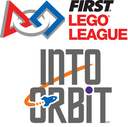 The First Lego League (FLL) is an annual international tournament involving teams of young people aged 9-16 years. It introduces a scientific and real-world challenge for teams to focus on, research, and create solutions to identified problems, and includes a robotics challenge to perform a set task with a programmable robot constructed from LEGO electronic and mechanical components. This year, over 40,400 teams competed in regional, national and international tournaments with their ideas, including team AC/DC/EG from Brazil, who had a very successful competition and were kind enough to give us an insight into their FLL Into Orbit experience in this year's competition, in their words below: 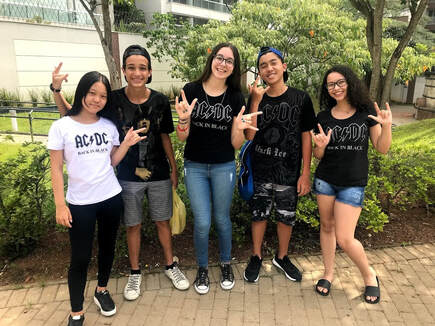 "The AC/DC/EG team was created on 07/12/2007 to represent the Eduardo Gomes College in São Caetano do Sul, Brazil in the FIRST LEGO League tournament. The team name is formed from the name of the rock band AC/DC together with EG for Eduardo Gomes, and so far, we have participated in competitions at 11 State, 11 National and 7 International stages. The 2018/2019 FLL - INTO ORBIT tournament has been sensational for us. Our team began taking shape in May 2018, and underwent some changes, beginning with 8 team members and finishing up with 5 members - Eduardo, Felipe and Sophia (from the beginning), and later joined by Gabriella and Fernanda. And it was with this team of 5 that our coach Reginaldo and mentors Giovanni and Giovanna reached the end of the competition. The official launch of the FLL tournament took place on August 1st 2018, so we used the time from May to August to research several problems related to this year's theme by visiting universities, watching films and videos, reading books, magazines and theses, and talking to experts in the field. At the beginning of September, we talked with Aerospace Medicine & Space Physiology specialist Dr Thais Russomano, presenting to her everything we had studied so far, and it was during one of our initial conversations that we realised there was a problem faced by astronauts, which is: WASHING IN SPACE We already had the FLL competition documentation in this initial period of our discussions so we began to compare the problems raised to make sure they fitted in with the competition guidelines. In all, we analysed 14 problems: A phrase we heard that marked our work was by NASA space scientist Robert Frost, who said: "When several people are trapped in an enclosed space, HYGIENE IS OF GREAT IMPORTANCE." So, having done our analysis, we chose the subject of how to wash the body in space and defined our problem: THE INEFFICIENCY OF WASHING IN MICROGRAVITY And we asked: HOW CAN WASHING BE MADE MORE EFFICIENT IN MICROGRAVITY? We continued studying, raising new points and discussing them with Dr Russomano. We looked at the ways of washing that have previously been used and the current method of washing in space. ⇨ A sponge with soap and water, used during the Gemini and Apollo missions. ⇨ A shower on the MIR Space Station that wasted a lot of time, water and energy. ⇨ The Russian kit, which consists of a pre-moistened wipe and can be used for up to 3 days, using less water. ⇨ The NASA Kit, which is a cloth moistened with soap and water. We noted that, to be ideal, washing should be able to deal with dead skin cells, sweat, oiliness, odour, and bacteria and fungi! 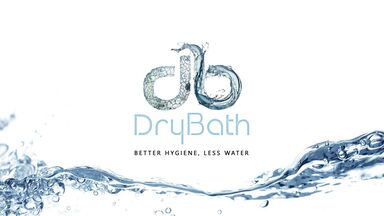 DryBath by Ludwick Marishane DryBath by Ludwick Marishane We had a lot of ideas, including a kind of human jet wash that used little water – but this and other ideas were discarded as our objective was for something low-cost, water-free and lightweight, that would occupy very little space on a spacecraft. It was in thinking about this goal that we discovered a gel called DryBath, created by Ludwick Marishane, mostly for use on the African continent and in places with a scarcity/lack of water. Ludwick’s idea is that water should only be used for drinking and cooking, and for washing it can be replaced by the gel. With just 15ml of the gel, it is possible for an adult to wash without using water, and without the need to remove the gel from skin, as it is moisturising. All of our team tried using the gel, including our coach. The benefits of the gel in comparison with the existing solutions are enormous, as besides dispensing with the need for water for washing, there is a gain in transport weight and the gel occupies a minimum of space on a spacecraft. However, we needed to know its viability for use in space, so we talked to Chemical Engineer Matheus Messias, who confirmed the gel is non-flammable, and with Dermatologist Oswaldo Cipullo, who said the gel fulfils all the requirements for body washing and can be used daily. Nonetheless, the current gel packaging makes it unfeasible for use in space, as it generates a lot of waste. Therefore, after some brainstorming and tests, we developed a new storage and application system utilising a 2-litre urine collection bag filled with gel, calculating that each explorer would need 3 such bags to cover a 1-year period. Each bag is fitted with a valve connector to guarantee the pressure required to transport the gel into a syringe-type applicator, which allows its controlled delivery to the body. This system for gel storage and use saves important resources, enables fast application, requires no cleaning of the equipment, has no loss, and needs no repairs. Currently, 4 litres of water is used in space per wash, whereas, with this quantity of gel it would be possible to have 266 washes, meaning water will no longer be needed for washing the body and can be used for something else within the spacecraft. The cost of the gel and the system is 1610 Brazilian real (approx. £310) per person for a year. Therefore, it is possible to take something that was designed for use on Earth and adapt it to make its use possible in space, rather like the tortillas of astronaut Rodolfo Vela, as quoted in the FLL Into Orbit competition guidelines." The InnovaSpace team would like to congratulate the AC/DC/EG team and everyone who supported them for their success and the enthusiasm and joy they brought to the tournament stages! Congratulations also go to the thousands of teams from around the world for their hard work, curiosity, research and enthusiasm - YOU ARE ALL STARS!
Comments are closed.
|
Welcometo the InnovaSpace Knowledge Station Categories
All
|
InnovaSpace Ltd - Registered in England & Wales - No. 11323249
UK Office: 88 Tideslea Path, London, SE280LZ
Privacy Policy I Terms & Conditions
© 2024 InnovaSpace, All Rights Reserved
UK Office: 88 Tideslea Path, London, SE280LZ
Privacy Policy I Terms & Conditions
© 2024 InnovaSpace, All Rights Reserved

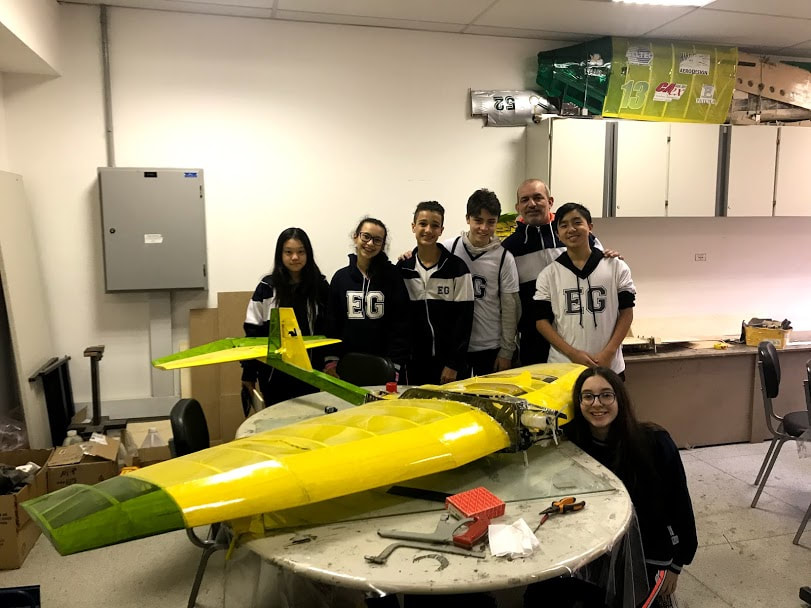

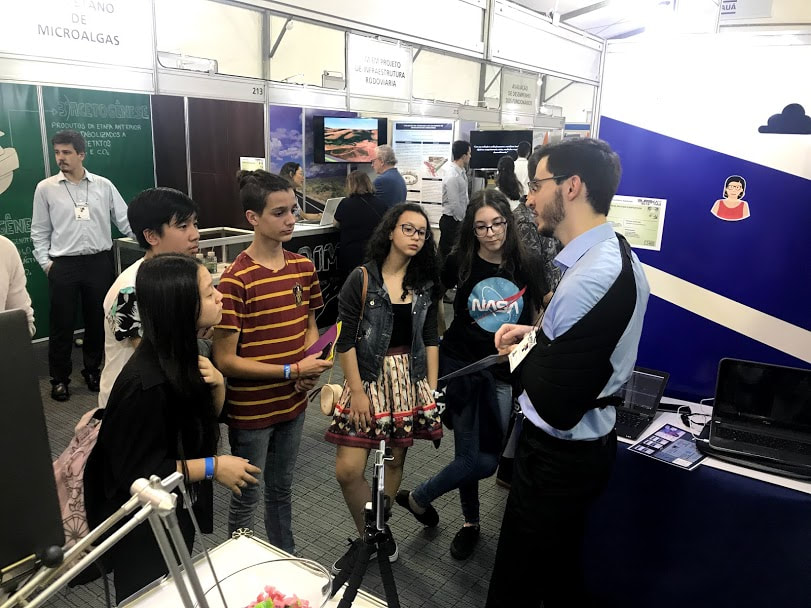
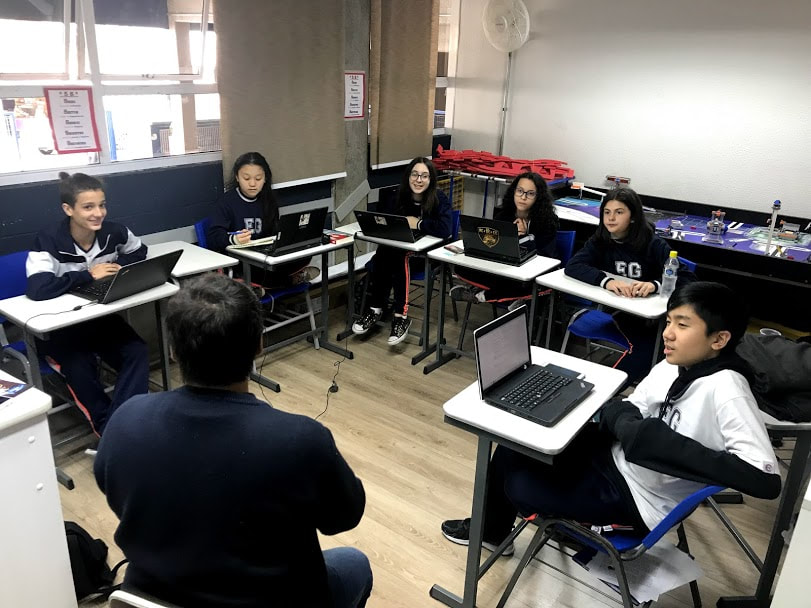

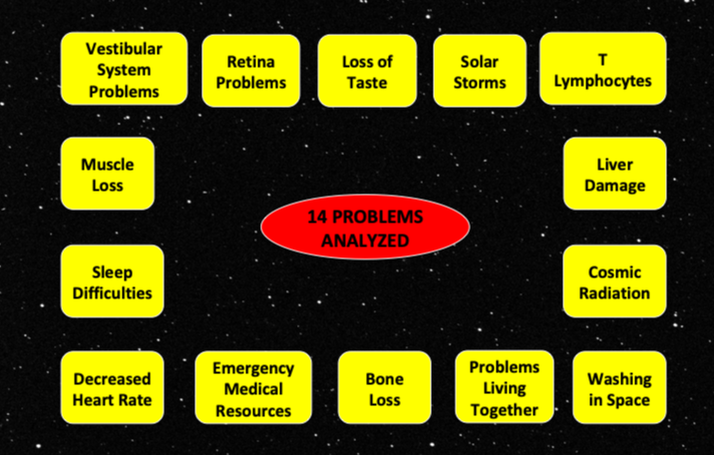
 RSS Feed
RSS Feed